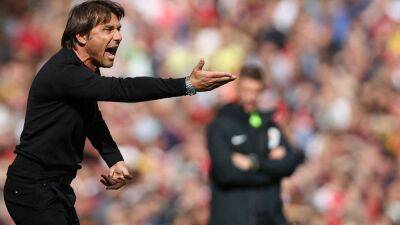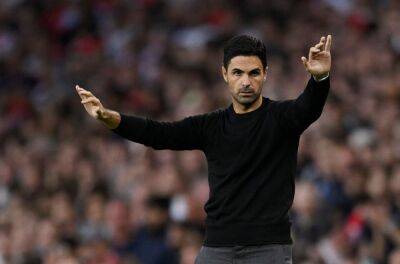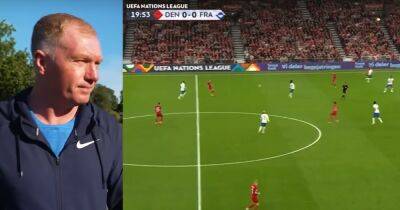Toxic masculinity is part of elite hockey. We need a culture shift
This column is an opinion from Alexis Peters, a sociology instructor in Calgary. For more information about CBC's Opinion section, please see the FAQ.
I'm extremely concerned about the allegations of group sexual assault by past men's World Junior teams, and how they were handled. But am I surprised? Unfortunately not.
For more than two decades, I've been studying the toxic masculinity of hockey and its effects on the health and well-being of high-performance athletes.
My research was originally informed by being a registered nurse whose partner was a professional hockey player in a mid-level professional league. Seeing the hockey life up close, I became concerned about the overall health of many players.
So, when my partner moved on to a Danish hockey team, I enrolled at the University of Western Ontario to study toxic masculinity and its effects on men's overall physical, psychological, and social health and well-being. I focused my PhD on the health of elite athletes, specifically elite junior-level hockey players.
To study how the hockey culture of toxic masculinity affected the athletes, I distributed questionnaires to several Ontario Hockey League junior hockey teams, measuring their attitudes toward hypermasculinity. These elite players, between the ages of 18 and 22, scored notably higher than my control group on the "hypermasculinity scale" as measured by three concepts: danger as exciting, violence as manly, and more calloused attitudes toward sex.
Another unexpected finding was that they also scored significantly lower on emotional empathy. It's important to note that I was comparing these OHL junior hockey players to a group of young men who had not played hockey past Grade 11.
I concluded then, and still





